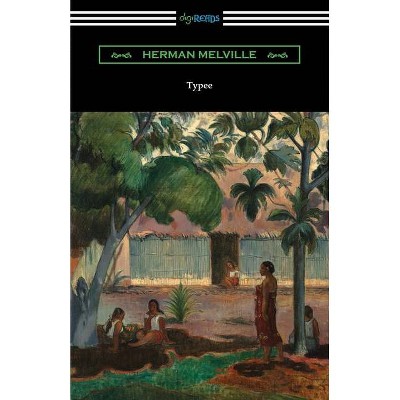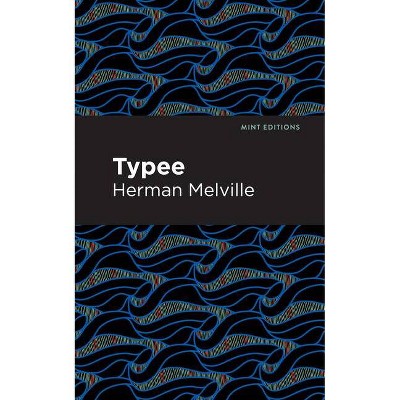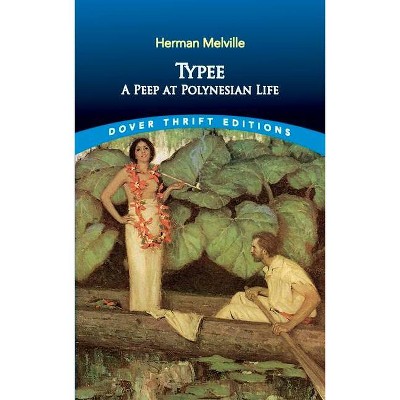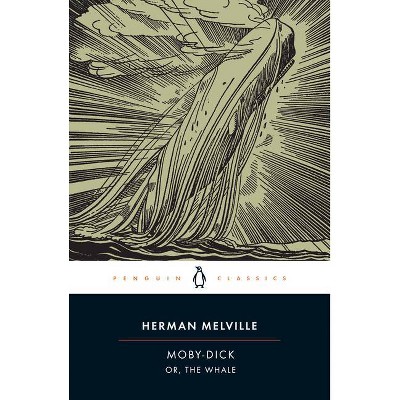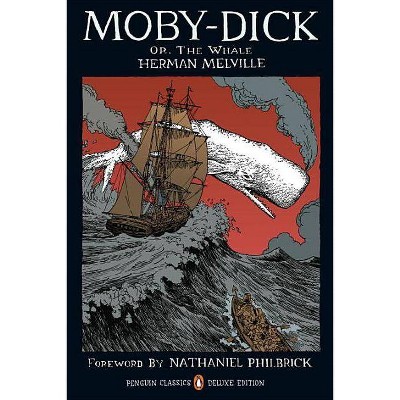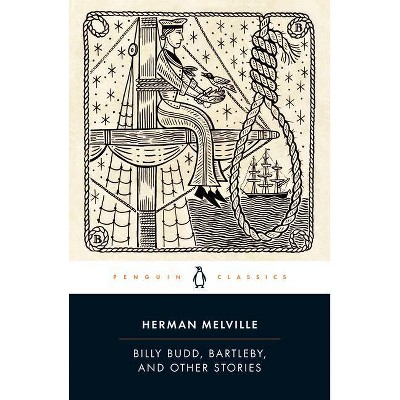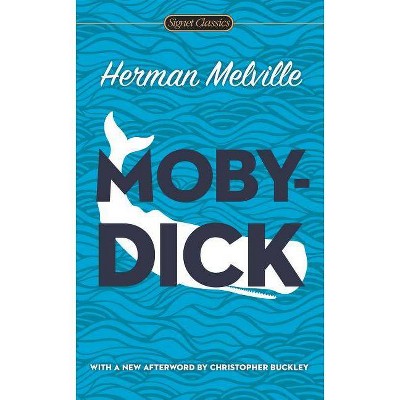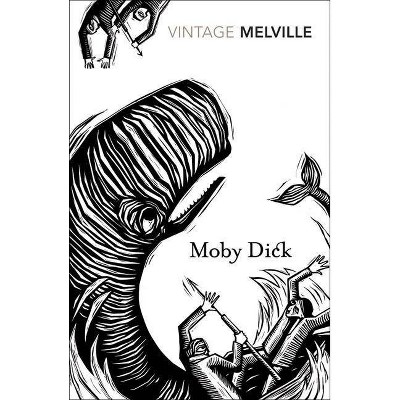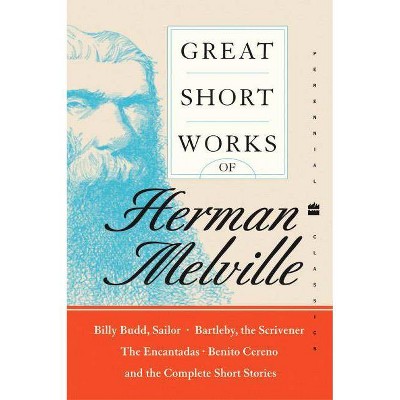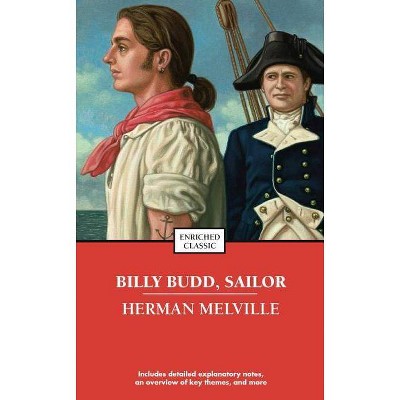Typee - (Penguin Classics) by Herman Melville (Paperback)
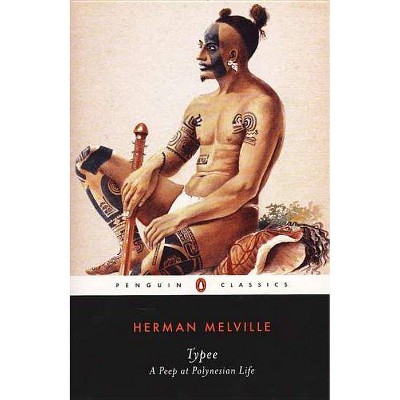
Similar Products
Products of same category from the store
AllProduct info
<p/><br></br><p><b> Book Synopsis </b></p></br></br>Typee is a fast-moving adventure tale, an autobiographical account of the author's Polynesian stay, an examination of the nature of good and evil, and a frank exploration of sensuality and exotic ritual. <p/>For more than seventy years, Penguin has been the leading publisher of classic literature in the English-speaking world. With more than 1,700 titles, Penguin Classics represents a global bookshelf of the best works throughout history and across genres and disciplines. Readers trust the series to provide authoritative texts enhanced by introductions and notes by distinguished scholars and contemporary authors, as well as up-to-date translations by award-winning translators.<p/><br></br><p><b> From the Back Cover </b></p></br></br>At one time the most popular of Melville's works, Typee was known as a travelogue that idealized and romanticized a mysterious South Sea island for readers in the ruthless, industrial, "civilized" world of the nineteenth century. But Melville's story of Tommo, the Yankee sailor who enters the flawed Pacific paradise of Nuku Hiva, is also a fast-moving adventure tale, an autobiographical account of the author's own Polynesian stay, an examination of the nature of good and evil, and a frank exploration of sensuality and exotic ritual. This edition of Typee, which reproduces the definitive text and the complete, never-before-published manuscript reading text, includes invaluable explanatory commentary by John Bryant.<p/><br></br><p><b> Review Quotes </b></p></br></br><br>"A classic of American literature [and] the pioneer in South Sea romance." <br>- Arthur Stedman<br><p/><br></br><p><b> About the Author </b></p></br></br><b>Herman Melville</b> was born in August 1, 1819, in New York City, the son of a merchant. Only twelve when his father died bankrupt, young Herman tried work as a bank clerk, as a cabin-boy on a trip to Liverpool, and as an elementary schoolteacher, before shipping in January 1841 on the whaler Acushnet, bound for the Pacific. Deserting ship the following year in the Marquesas, he made his way to Tahiti and Honolulu, returning as ordinary seaman on the frigate United States to Boston, where he was discharged in October 1844. Books based on these adventures won him immediate success. By 1850 he was married, had acquired a farm near Pittsfield, Massachussetts (where he was the impetuous friend and neighbor of Nathaniel Hawthorne), and was hard at work on his masterpiece <b>Moby-Dick.</b><p>Literary success soon faded; his complexity increasingly alienated readers. After a visit to the Holy Land in January 1857, he turned from writing prose fiction to poetry. In 1863, during the Civil War, he moved back to New York City, where from 1866-1885 he was a deputy inspector in the Custom House, and where, in 1891, he died. A draft of a final prose work, <b>Billy Budd, Sailor</b>, was left unfinished and uncollated, packed tidily away by his widow, where it remained until its rediscovery and publication in 1924.</p>
Price History
Price Archive shows prices from various stores, lets you see history and find the cheapest. There is no actual sale on the website. For all support, inquiry and suggestion messages communication@pricearchive.us
